North Korean Table Tennis Players Face Potential Punishment for Smiling with Rivals at Paris Olympics
In a curious development following the recently concluded Paris Olympics, North Korean table tennis athletes, notably silver medalist Kim Kum-yong and his partner Ri Jong-sik, may face disciplinary actions for engaging in what has been deemed inappropriate conduct. Reports indicate that these athletes were photographed smiling alongside competitors from South Korea, a nation categorized as an ideological enemy of North Korea, upon receiving their medals. This moment of camaraderie has been described as a rare display of sportsmanship amidst ongoing tensions between the two Koreas.
The image quickly gained international attention for showcasing a united spirit in sports; however, it has reportedly drawn the ire of the North Korean regime led by Kim Jong Un. According to an article published by the Telegraph, upon their return to North Korea on August 15, the table tennis team has been subjected to a month-long ideological evaluation termed a “cleanse.” This process, as detailed by Daily NK, is aimed at ensuring the athletes are shielded from any perceived influence of “non-socialist” cultures and is overseen by the Ministry of Sport.
Furthermore, the athletes had previously received explicit directives prohibiting them from interacting with South Korean or any foreign athletes during the Olympic Games, with warnings of potential punitive measures for noncompliance. Despite the lack of clarity regarding the possible penalties for Kim Kum-yong and Ri Jong-sik, historical precedents suggest that violations of such directives might lead to severe consequences, as illustrated by the treatment of North Korea’s football team after its disappointing performance at the 2010 World Cup. Notably, that team experienced public reprimand and punitive measures against their coach following their failure to score during the tournament.
In conclusion, while the actions of the North Korean athletes have been celebrated internationally as a gesture of peace and sportsmanship, they may inadvertently attract the scrutiny of their own government, reflecting the continued complex interplay between sports and political ideologies in North Korea. The repercussions they face will likely illustrate the regime’s stringent control over its representations on the global stage.
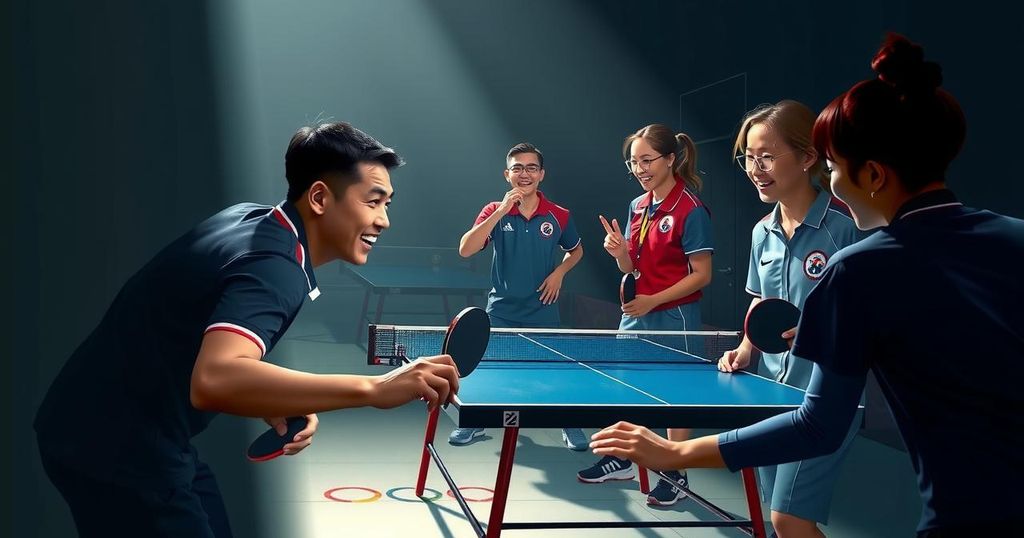
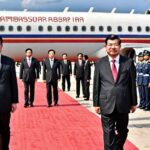

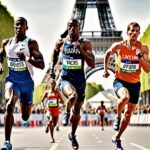
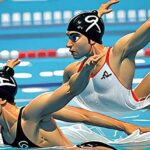


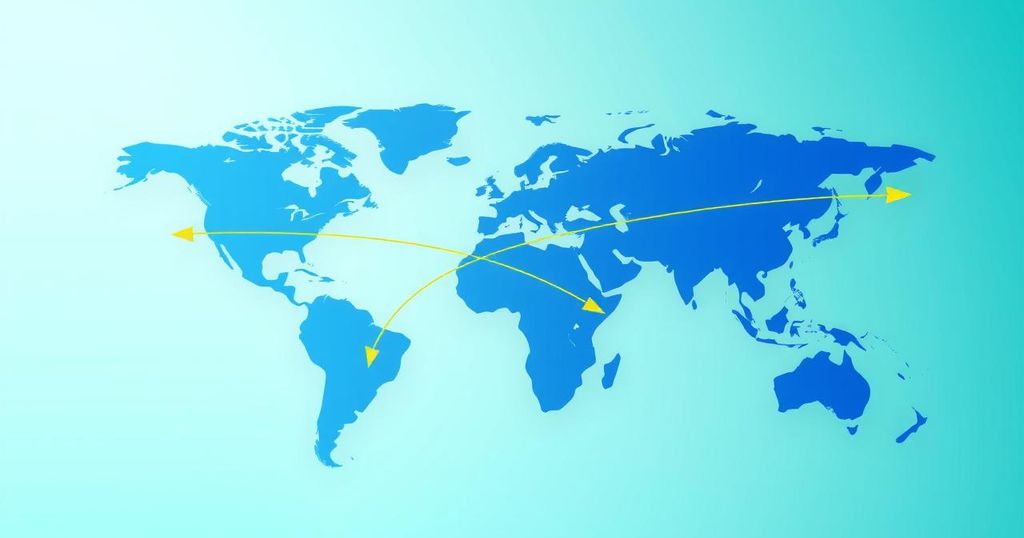
Post Comment